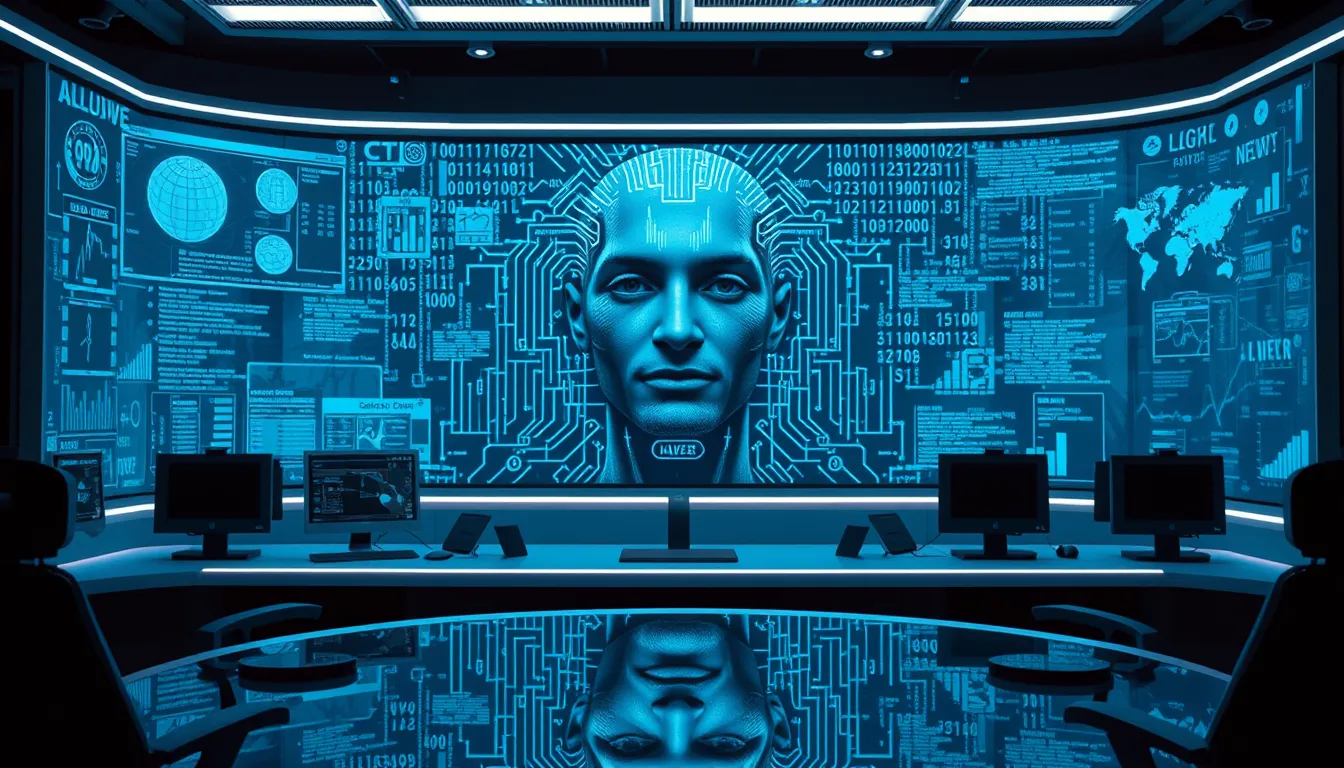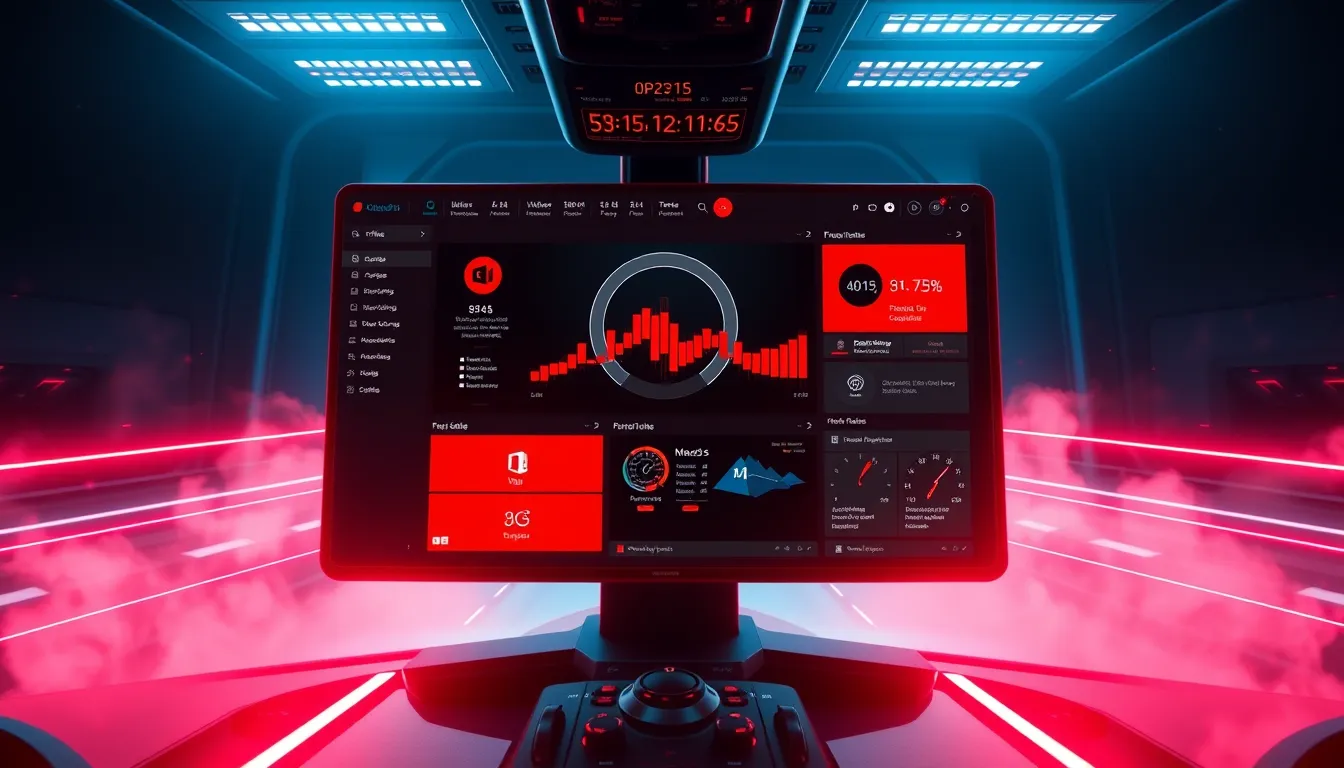Now Reading: Claude AI: Integrating Human Values in Ethical Decision-Making
-
01
Claude AI: Integrating Human Values in Ethical Decision-Making
Claude AI: Integrating Human Values in Ethical Decision-Making

Claude AI: Integrating Human Values in Ethical Decision-Making
In the rapidly evolving world of artificial intelligence, Anthropic’s breakthrough with Claude AI is setting new standards for how machines can be ethically aligned with human values. Claude AI is at the forefront of discussions on AI ethics, as it not only pushes the boundaries of technology but also invites interdisciplinary dialogues on the integration of human values into machine learning systems.
The Emergence of Claude AI and Its Ethical Implications
Anthropic’s Claude AI represents a significant milestone in the realm of AI safety and ethics. With growing interest in AI decision-making processes, Claude AI has been developed with a strong focus on algorithmic judgment and maintaining ethical standards in AI. By embedding human values into its operational framework, Claude AI addresses critical concerns such as transparency, accountability, and bias in automated systems.
The importance of AI ethics is unmissable. Many experts emphasize the relevance of developing guidelines for embedding moral frameworks in AI. As technological systems become more prevalent, ensuring they operate under ethical principles is essential for balanced decision-making in areas ranging from consumer applications to critical industrial processes.
How AI Systems Integrate Human Values
One of the most compelling aspects of Claude AI is understanding how AI systems integrate human values. This process involves a meticulous analysis of ethical standards in AI decision-making, where machine outputs are closely aligned with human morals. Researchers have undertaken extensive studies to unravel how Claude AI deals with conflicting directives and prioritizes appropriate responses under various scenarios.
Key points in the integration process include:
- A blend of qualitative research and quantitative analysis to assess decision patterns.
- Use of well-defined moral frameworks that guide algorithmic judgment.
- Continuous updates and monitoring to maintain ethical standards as external conditions change.
These efforts ensure that while machines can process massive datasets and perform complex tasks, they also learn to balance machine learning outputs with human ethics. In practical terms, Claude AI’s design is guided by the principle that technology should enhance everyday human experiences without compromising integrity.
Delving Deeper into the AI Decision-Making Process
Beyond simply integrating human values, the AI decision-making process is an intricate dance between data, algorithmic logic, and moral considerations. Claude AI navigates this complex landscape by prioritizing several critical aspects:
- Transparency: Making sure the decision-making processes are clear and understandable for users.
- Accountability: Establishing robust mechanisms so that decisions made by AI are trackable and reviewable.
- Safety and Ethics: Embedding protocols that ensure the technology operates in a manner that protects societal values.
By focusing on these aspects, Anthropic AI is pioneering methods that could serve as blueprints for future AI systems. For instance, organizations can learn from Claude AI’s framework and implement similar ethical standards, ensuring that algorithmic judgment does not override crucial human-centric ethics.
Guidelines for Embedding Moral Frameworks in AI
As we examine the guidelines for embedding moral frameworks in AI, it becomes clear that a successful integration requires constant collaboration among stakeholders. This section outlines some best practices:
- Incorporate iterative testing: Frequent assessments help identify and mitigate potential ethical pitfalls.
- Foster multidisciplinary collaboration: Ethicists, engineers, and policymakers must work hand-in-hand.
- Emphasize user feedback: Continuously refine the AI’s decision-making process based on real-world experiences.
These guidelines ensure that AI systems, like Claude AI, do not operate in isolation but are continuously monitored and improved upon. They also set the stage for a new era where ethical standards in AI decision-making become an integral part of system design, ensuring that technology acts as an ally in human progress.
The Road Ahead for AI Ethics and Accountability
The continuous development of Claude AI symbolizes more than just technological progress; it reflects a broader shift towards responsible innovation. With an increasing focus on AI safety and ethics, the role of algorithmic judgment in AI accountability is gaining prominence. As research in this space evolves, future AI systems are likely to be built with even more robust frameworks that address moral dilemmas explicitly.
Organizations like Anthropic, whose official website can be accessed at https://www.anthropic.com, are leading the way in this transformative journey. Their commitment to ethical standards ensures that emerging AI technologies not only perform well technically but also act in the best interests of society.
Conclusion
To conclude, Claude AI is more than just a technological marvel; it is a testament to how AI can be steered towards ethical and responsible solutions. The careful integration of human values into this system sets a new benchmark in AI ethics, emphasizing safety, transparency, and accountability in every decision. By learning from Claude AI’s advanced framework, the industry can pave the way for future innovations that accurately balance machine learning outputs with human ethics, ensuring a safer, more equitable digital future.
With these advancements, stakeholders in AI decision-making processes are better equipped to tackle ethical challenges head-on. The insights derived from Claude AI’s operational model are likely to influence regulatory frameworks and inspire further research in ethical AI. Ultimately, as Claude AI continues to evolve, it will play a pivotal role in shaping a future where technology works harmoniously with human values.

























